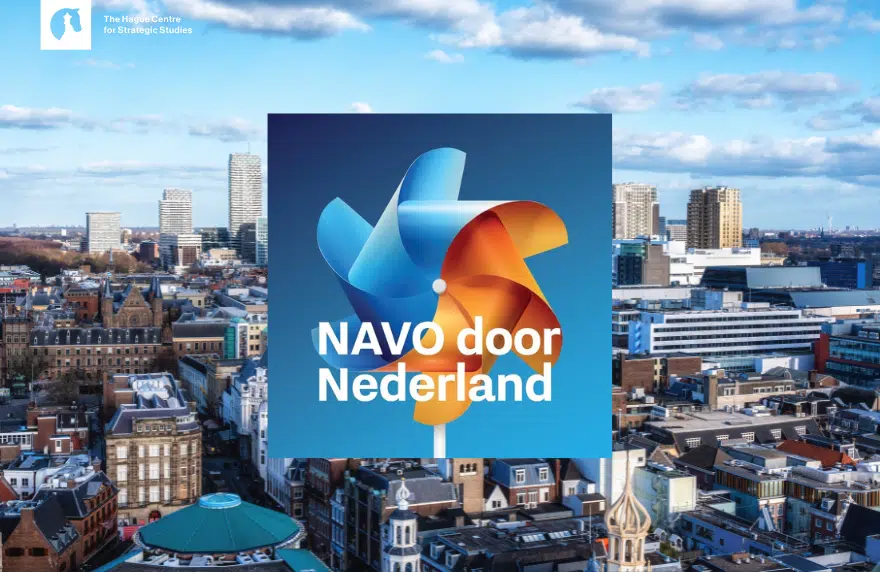Bij hun recente ontmoeting zou president Trump een rekening van $ 345 miljard hebben ingediend bij Bondskanselier Merkel, zo berichtte The Sunday Times op 26 maart jl. Het zou gaan om de ‘achterstallige contributie’ van Duitsland bij de NAVO, het verschil tussen de daadwerkelijk uitgaven aan het Duitse defensieapparaat sinds 2002 en een normbedrag van 2% van het bruto binnenlands product (BBP). Het presenteren van een dergelijke rekening is niet heel serieus te nemen. Er bestaat geen contributieverplichting aan de NAVO en de norm van 2% is een politieke afspraak die niet juridisch bindend is.
De achterliggende problematiek is echter wel reëel. De VS dringt al heel lang – ook onder Obama – erop aan dat Europa substantieel meer in zijn eigen veiligheid investeert. Het is evident dat Europa zonder de Amerikanen niet of nauwelijks in staat is om serieuze militaire operaties uit te voeren, ook niet aan de (onveilige) randen van het eigen continent. Zowel Nederland als Duitsland horen dan nog eens bij de – in financiële termen – slechtst presterende landen, met defensiebegrotingen die niet alleen ver weg liggen van de NAVO-norm, maar ook structureel onder het gemiddelde van de Europese NAVO-landen.
Tegen deze achtergrond heeft HCSS, op verzoek van de NOS, uitgerekend wat de ‘achterstallige contributie’ van Nederland zou zijn. Sinds 1995 ligt de Nederlandse defensiebegroting onder de 2% norm. Volgens de rekenmethodiek van Trump is er sinds dat jaar € 72 miljard te weinig aan Defensie gespendeerd. Als, zoals Trump dat doet, 2002 als startjaar wordt genomen gaat het om € 63 miljard. Nogmaals, zo’n berekening heeft weinig werkelijke betekenis. Tegelijk is het, gegeven de duidelijk verslechterde veiligheidssituatie aan de randen van Europa, wel degelijk een helder signaal hoe relatief weinig Nederland investeert in internationale veiligheid. Als we de Nederlandse defensiebegroting willen opkrikken naar het Europees gemiddelde (momenteel 1,46% BBP) dan moet er volgend jaar zo’n € 2,5 miljard bij. Als het budget naar 2% wordt opgetrokken betekent dit een extra € 6,5 miljard per jaar. Daarmee zou onder meer ruimte worden gecreëerd voor nieuwe taken op het gebied van cyber. Onze maatschappij is steeds afhankelijker van het cyberdomein, maar tevens erg kwetsbaar. De krijgsmacht moet fors investeren om ook de cyberdimensie van conflicten aan te kunnen.
Het interview met Frank Bekkers ziet u bij de NOS (item begint bij minuut 2:25)
Zie ook het artikel van NOS.nl






